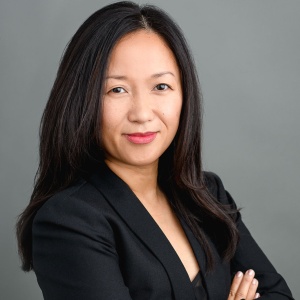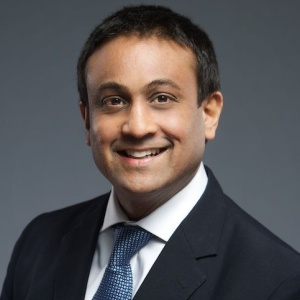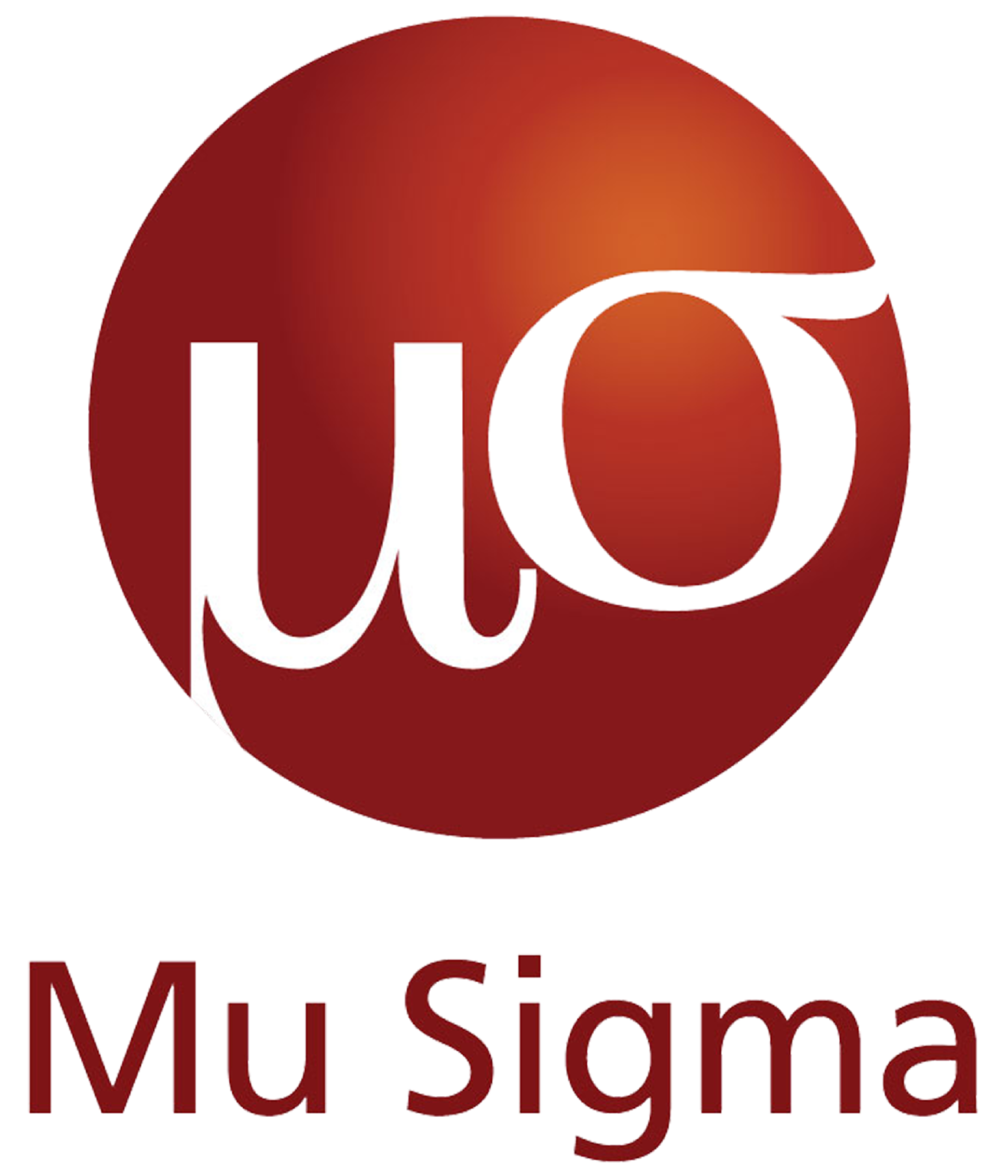Join the many companies that staff their roles with our chief technology officers (CTO)
Our chief technology officers (CTO) are ready to be hired
Alison R.
- Austin, TX
- 4 years of experience
Increased development team productivity by 40% through implementation of Agile methodologies and improved project management tools.
Reduced cloud infrastructure costs by 35% while improving system reliability and scalability.
Led successful digital transformation initiatives across multiple departments, fostering a culture of innovation and continuous improvement.
Recent Project
Alison spearheaded the development of a company-wide AI-driven analytics platform. The project involved integrating data from various sources and implementing machine learning algorithms to provide actionable insights. As a result, the company saw a significant improvement in decision-making processes and operational efficiency.
Marcus L.
- Seattle, WA
- 1 years of experience
Grew engineering team from 20 to 100+ members while maintaining a 95% retention rate over three years.
Launched 5 successful products that generated $50M in revenue within their first year.
Established strategic partnerships with leading tech companies to enhance product offerings and expand market reach.
Recent Project
Marcus led the development of a revolutionary blockchain-based supply chain management system. The project aimed to improve transparency and traceability across the entire supply chain. After successful implementation, the system reduced operational costs by 25% and significantly enhanced customer trust.
Priya K.
- Boston, MA
- 9 years of experience
Orchestrated a successful cloud migration, reducing downtime by 99% and improving system performance by 200%.
Implemented DevOps practices that shortened release cycles from monthly to weekly, resulting in a 70% faster time-to-market.
Championed diversity and inclusion initiatives, resulting in a more balanced and innovative tech team.
Recent Project
Priya oversaw the creation of an IoT-enabled smart city platform for a major metropolitan area. The project involved integrating various city services, including traffic management, waste collection, and energy distribution. The platform has since been adopted by three other cities and has significantly improved urban living conditions.
Derek W.
- Chicago, IL
- 2 years of experience
Secured $30M in Series B funding by effectively communicating the company’s technical vision and roadmap to investors.
Reduced customer churn by 25% through the implementation of AI-driven predictive maintenance features.
Developed and executed a comprehensive cybersecurity strategy, ensuring compliance with industry standards and protecting sensitive data.
Recent Project
Derek led the development of an advanced natural language processing engine for customer service automation. The project involved training the AI on millions of customer interactions and integrating it with existing CRM systems. The resulting chatbot has handled 60% of customer queries without human intervention, significantly reducing support costs.
Olivia T.
- Miami, FL
- 3 years of experience
Increased mobile app user engagement by 150% through data-driven UX improvements and personalization features.
Led a successful digital health initiative that resulted in a 30% improvement in patient outcomes for a major healthcare provider.
Pioneered the adoption of edge computing technologies, enabling real-time data processing and enhancing product performance.
Recent Project
Olivia spearheaded the development of a cutting-edge augmented reality platform for remote collaboration. The project aimed to revolutionize how distributed teams work together on complex tasks. Since its launch, the platform has been adopted by several Fortune 500 companies and has received industry awards for innovation in workplace technology.
Nexus IT Group will quickly staff your technical roles
81%
of our successful candidates are submitted within one week
92%
of our candidates will accept your offer
96%
of our candidates are employed with your firm after 12 months
What our clients have said about working with Nexus IT Group
Our client creates balance between existing investments and cloud-driven innovation with a practical approach that prioritizes results. This particular client tasked our cloud recruiters with a challenging project. Being named Google Cloud Partner of the Year, this recognition required them to increase their Google Cloud Architect and Engineering resources. Google Cloud talent is quite a bit more scarce than AWS and demand more salary, so our cloud recruiters had to get creative with our sourcing strategy. Reach out to learn how we filled 13 Google Cloud professionals for this client.


A 3 year old startup who is transforming insurance buying by providing a digital insurance engine and world-class underwriting capabilities tasked Nexus IT group to identify, vet, and hire a Head of Data Engineering for the data engineering group. Our data scientist recruiters quickly got on this executive level search. Diversity sourcing and hiring was very important for this client so the team focused on diversity sourcing. We ended up sourcing 176 candidates, submitted six candidates and the client ended up hiring one candidate.


Our client creates balance between existing investments and cloud-driven innovation with a practical approach that prioritizes results. This particular client tasked our cloud recruiters with a challenging project. Being named Google Cloud Partner of the Year, this recognition required them to increase their Google Cloud Architect and Engineering resources. Google Cloud talent is quite a bit more scarce than AWS and demand more salary, so our cloud recruiters had to get creative with our sourcing strategy. Reach out to learn how we filled 13 Google Cloud professionals for this client.


Our client creates balance between existing investments and cloud-driven innovation with a practical approach that prioritizes results. This particular client tasked our cloud recruiters with a challenging project. Being named Google Cloud Partner of the Year, this recognition required them to increase their Google Cloud Architect and Engineering resources. Google Cloud talent is quite a bit more scarce than AWS and demand more salary, so our cloud recruiters had to get creative with our sourcing strategy. Reach out to learn how we filled 13 Google Cloud professionals for this client.
Frequently asked questions about hiring your next chief technology officer (CTO)
A CTO is responsible for overseeing the company’s technological needs and development. Key responsibilities include developing technology strategies, managing the tech team, evaluating new technologies, ensuring data security, and aligning technology-related decisions with business goals.
Look for candidates with a strong technical background, typically including a degree in Computer Science, Software Engineering, or a related field. They should have extensive experience in technology leadership roles, a track record of successful project management, and excellent communication skills. Many CTOs also have MBA degrees or business management experience.
While industry-specific experience can be valuable, it’s not always necessary. A strong CTO should be able to adapt their skills to different sectors. More important are their leadership abilities, technical expertise, and capacity to align technology with business objectives. However, for highly specialized industries, relevant experience could be a significant advantage.
An effective CTO needs a balance of both technical skills and business acumen. They should have a deep understanding of technology to make informed decisions, but also possess the business insight to align these decisions with company goals and communicate effectively with non-technical stakeholders.
Look for candidates with a history of building and managing successful tech teams. During interviews, ask about their leadership style, how they handle conflicts, and their strategies for motivating and developing team members. You can also conduct leadership assessments or speak with their former team members if possible.
The CTO should be a key driver of innovation within the company. They should stay abreast of emerging technologies, identify opportunities for technological advancement, and lead initiatives to implement innovative solutions that give the company a competitive edge.
While a CTO should have a comprehensive understanding of the company’s technical operations, their focus should be more strategic. They should set the overall direction and standards, but delegate day-to-day management to team leads or a VP of Engineering. The level of involvement may vary depending on the company’s size and structure.
Consider asking about their experience with digital transformation, how they’ve aligned technology with business goals in the past, their approach to cybersecurity, how they manage tech debt, their vision for the company’s technological future, and how they stay current with emerging technologies.
Look for candidates with strong communication skills and experience collaborating with other departments. During the interview process, involve other C-level executives and assess how the candidate interacts with them. Consider their ability to explain complex technical concepts to non-technical stakeholders.


